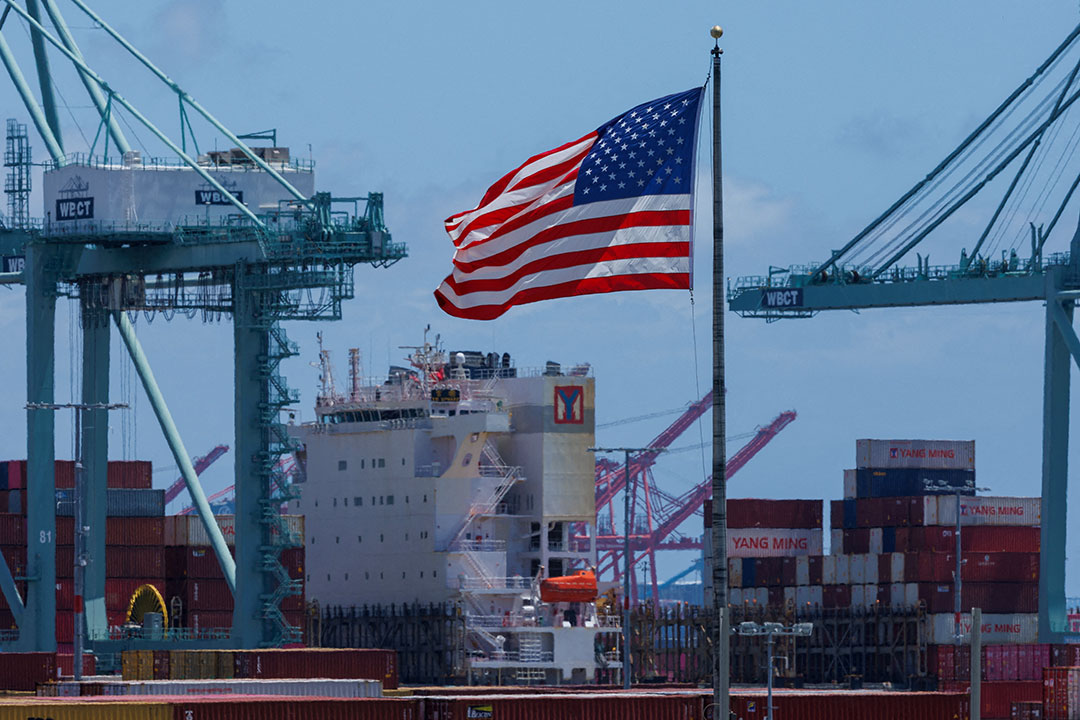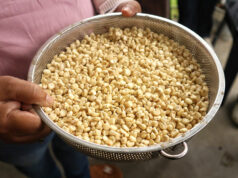Extension of US tariff negotiation period favorable to the Philippines — Roque

THE Department of Trade and Industry (DTI) said the extension of US tariff negotiations beyond July 8 will be favorable for the Philippines because it will mean the provisional 10% rate will apply for longer.
“For now the tariff is at 10%, which is lower (than the April 2 reciprocal tariff of 17%). So the extension should be okay, favorable for us,” Trade Secretary Ma. Cristina A. Roque told reporters on Wednesday.
The US imposed a 17% reciprocal tariff on the Philippines on April 2. Tariffs were then put on hold for 90 days pending negotiations. In the interim, most trading partners were charged a provisional 10% rate.
“But of course if we get the tariffs lower than 10%, why not, right? But again, everything is under negotiation,” she added.
Last week, Reuters reported that US President Donald J. Trump is willing to extend the deadline for completing trade talks before the reciprocal rates, or the new rates negotiated by the various trade delegations, take effect on July 8.
“I have also heard that there might be an extension, but it is not yet confirmed, so everybody is just speculating,” Ms. Roque said.
According to Reuters, only the trade deal with the UK was confirmed as of last week, while 17 others are at various stages of negotiation.
“Negotiations are still ongoing … We do not know yet what the decision of the US will be; we are waiting for that,” she said.
“Everybody is hoping to get what they negotiated for because when we went there, it seemed that their feedback was okay, but until we really get the exact tariffs, we really cannot say for sure,” she added.
She said that the negotiations are currently being handled by Trade Undersecretary Allan B. Gepty.
“He said that the negotiations are ongoing and are favorable … By favorable, I mean it is still within what we want,” she said.
“Of course what we want is lower than 17%, so we are hoping it to be within that range,” she added.
She said the department is hopeful as the Philippines is already starting at a lower rate than most of its regional competitors. — Justine Irish D. Tabile



